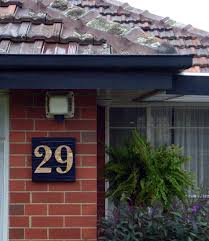Student Housing: Your Next Investment Opportunity
Tuesday, September 25th, 2018Do headaches and hassles come with owning student rental units? Of course, but there are also plenty of opportunities that might just make investing in student housing worthwhile.
Let’s look at some facts. The number of domestic and foreign students drawn to Canadian universities and colleges is not going away. In fact, it’s growing. In 2017, Canadian universities were home to more than 1.7 million students. About 370,000 international students attended universities and colleges in 2017. And they all need a place to live.

Industry insiders have long been aware of the investment opportunity in student housing. They say the Baby Boom Echo, which is essentially a second explosion of babies born thanks to the original boomer demographic, has grown up and is looking to further their education, thus making student housing a solid niche for investors.
You’ve likely at least heard of friends of friends who decided to purchase a house, townhouse or condo for their post-secondary-bound son or daughter. While that may sound a bit extravagant to some, it’s actually a clever way to invest your money. Living expenses add up quickly, whether they are on campus residences or co-op living arrangements in off-campus housing. Residence fees can range from $7,000 to as high as $15,000 or $20,000 per year. Living off campus is likely cheaper. But why not invest your money in a rental property? Your son or daughter can keep an eye on the day-to-day operations of the unit, especially if you live far away.
You can rent a 3-bedroom Toronto condo for $3,400 to $4,500 per month. While that is a lot of money to hand over each and every month, the hit is softened as it is divided among three tenants who share the condo’s common living space, which includes the kitchen, bathrooms, living room and balcony.
Another advantage to investing in student housing has to do with late or absent rent payments. When a single tenant is late paying his or her rent, the financial setback can be quite a blow for the landlord, who typically needs prompt payments in an effort to pay mortgage fees, condo fees and other bills. Withstanding the loss of rent money from one student renter is easier to swallow as the remaining renters help ease the shortfall with their rent payments.
So there are certain benefits to investing in student housing and the biggest one is that cash flow is usually higher than with single-family rentals. Of course, tenant turnover is higher so there is that to contend with. Just be sure to do your due diligence when vetting potential tenants and don’t forget to insure your property so it reflects that you are renting your space to students.


